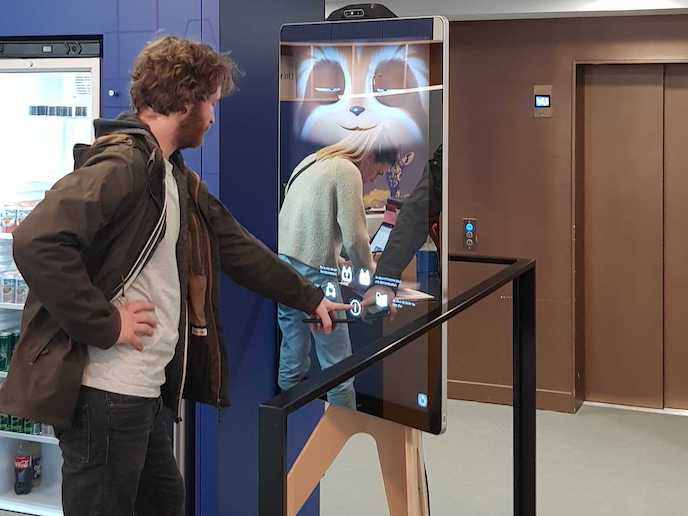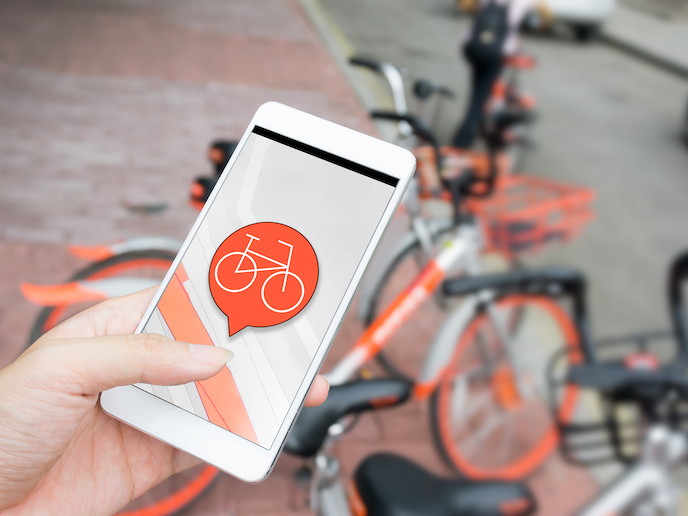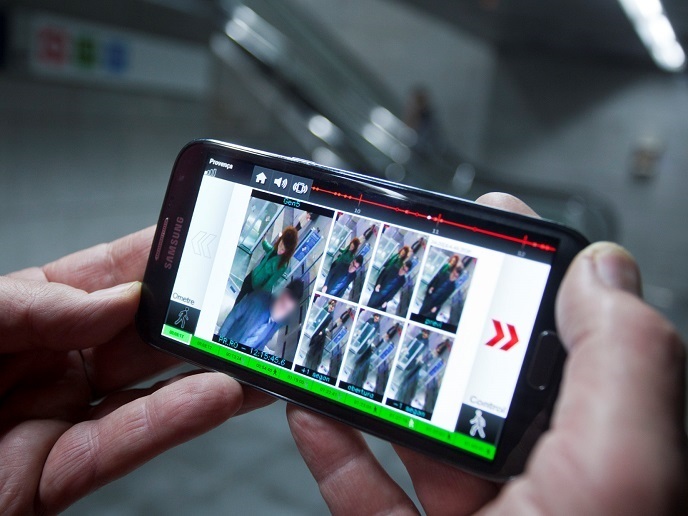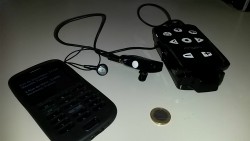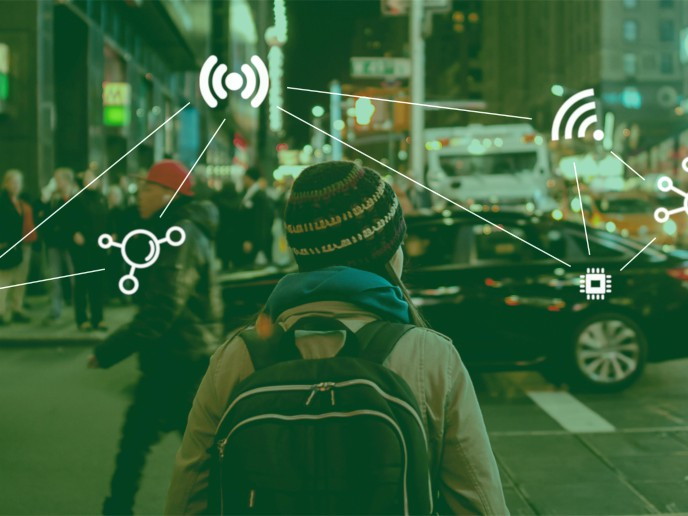Universal Interface unlocks AI potential of smart cities
Smart cities host a multitude of digitally enabled intelligent devices, such as touch screens. But many do not live up to their full proactive potential, meaning they are often not engaging for users. Usually designed for private use, they also typically cannot deliver vital public services. The EU-supported Totem Spoon project, coordinated by SPooN, developed a screen-based avatar called SPooNy. This can be integrated into public digital devices in spaces such as train stations, building halls and museums to provide useful information and services. EU funding enabled the system to be tested in a range of spaces including the artificial intelligence museum (MIA) in Sophia-Antipolis, a Toyota dealership in Kyushu, a shopping centre in Tokyo, and the reception of the commercial building EPOKA. In response to the wide-ranging impact of Covid-19, SPooN is now working on a free-standing screen, called a totem. This will embed biometric sensors to provide automatic medical checks, such as taking body temperatures, at the entrances of public spaces. Such close tracing can help contain infections.
Putting Europe at the forefront of smart cities, AI and big data
SPooN software works with hardware devices, including robots, which incorporate digital screens. The technology is based on Unity, a video game development language. It can be integrated with Windows, iOS and Android operating systems, on which the majority of interactive screens are based. In smart cities, SPooNy can be embedded in bus stop screens providing travel updates or entertainment for passengers. In smart buildings, it can welcome visitors, contact hosts and guide visitors. Retailers can benefit too: SPooNy can be placed at supermarket displays, informing consumers of the latest products or offering recipe ideas. The system can also collect data about visitors, such as what hobbies they enjoy, to personalise future interactions. “Two things make SPooNy unique. Firstly, its ability to adapt to most devices makes it ubiquitous, offering a continuous experience. Secondly, its natural interaction and communication makes it appealing to passers-by,” says Jerome Monceaux, CEO of SPooN. Smart building tests (EPOKA) demonstrated that the technology was appreciated by both hosts and visitors, as it created a welcoming atmosphere. Results in retail trials involving Uniqlo, Toyota and LVMH showed that 70 % of passers-by stopped in front of SPooNy, and half of them interacted with it.
Creating a collective citizen intelligence
The team are working with the Cannes harbour authorities in France to deploy devices that provide local information about services, events, retail and cultural options, for citizens and visitors. “SPooNy could become the face of a city. It offers an interface between city managers and citizens, providing services and receiving feedback on problems and suggestions for improvements,” says David Chapon, SPooN Chief Marketing Officer. The technology has also already been tested with Alzheimer’s patients at Broca Hospital Paris where it was judged to have a positive impact for patients and medical staff. Currently the team is applying for EU SME phase 2 funding to scale up the technology, making it available to wider audiences. Excitingly, this includes astronauts, as SPooN is working with CNES to build an avatar assistant. This will be tested this year in space-simulated conditions. The ambition is for it to travel to the International Space Station next year, with astronaut Thomas Pesquet.
Keywords
Totem Spoon, SPooNy, Spoon, COVID-19, avatar, virtual assistant, public space, retail, smart cities, smart building, screen, Alzheimer’s, astronauts, displays, interactive



